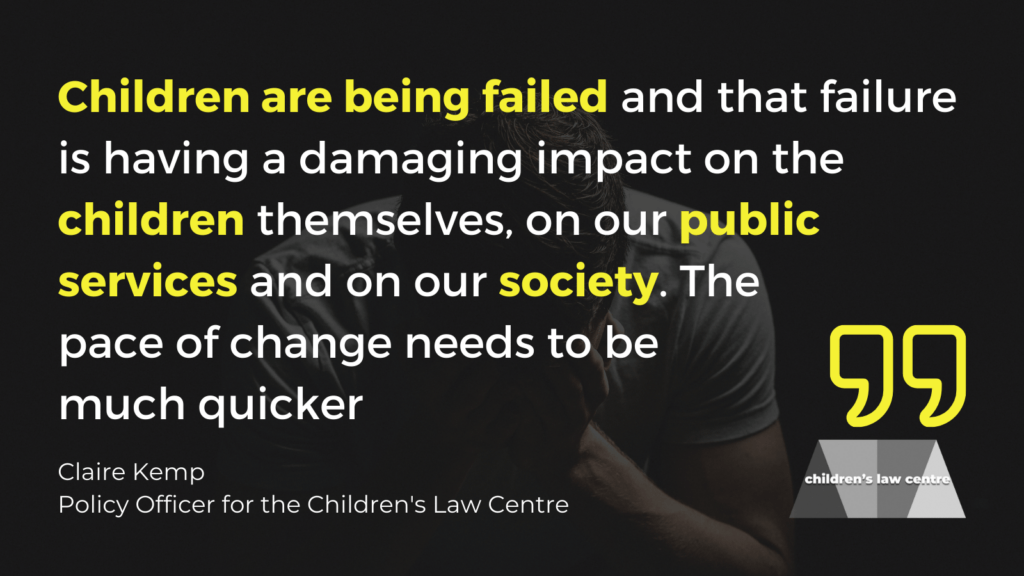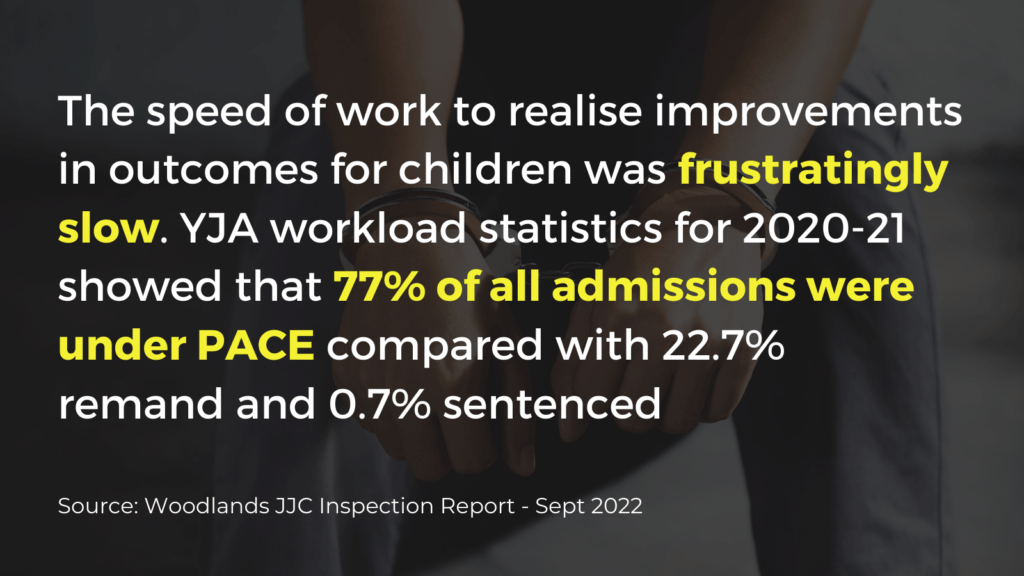10 October 2022
The Children’s Law Centre has worked alongside the Children’s Rights Alliance England, Together Scotland and the Wales UNCRC Monitoring Group to produce a series of thematic briefings to inform the Universal Periodic Review (UPR).
What is the Universal Periodic Review?
Approximately every four years, the UK’s overall human rights progress is assessed under the UPR.
The UPR is a process where the countries that are members of the UN Human Rights Council review the human rights progress of UN member states. The UPR is based on the UN Charter and all the UN human rights treaties that have been ratified the country under review.
The UK will have its next UPR review in November 2022. Prior to the review, the UK Government submit a full report outlining steps it has taken to progress human rights since the its review. Other countries review this information and can make recommendations on where further improvements could be made. The aim of the UPR is to improve the overall human rights situation in each country and share best practice around the globe.
Civil society organisations can present their own reports as part of the process and CLC has worked closely alongside other children’s rights organisations in England, Scotland and Wales to draft the following briefings to assist in informing the review, in the context of the state of children’s rights in the UK:



